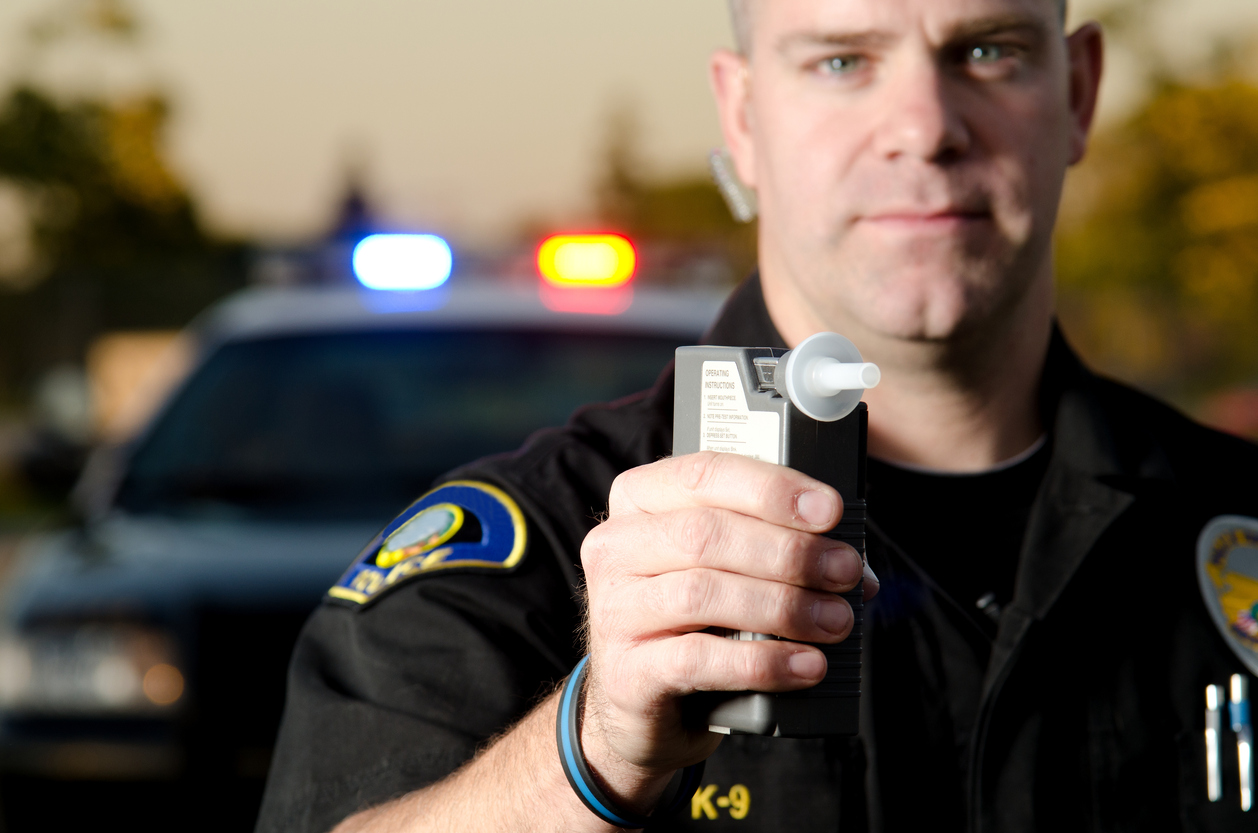What Is New York’s Implied Consent Law?

According to New York’s implied consent law, any individual who drives a vehicle in the state provides consent to a chemical test to calculate the amount of alcohol and/or drugs in their bloodstream. In order words, having a New York driver’s license means you automatically consent to a post-arrest chemical test. While you technically can still refuse a chemical test, doing so will carry serious consequences.
The following are the penalties for refusing a chemical test in New York:
- First refusal – Driver’s license suspension for up to one year and a maximum $500 fine
- First refusal for an underage driver (under 21 years old) – Driver’s license suspension for up to one year and a maximum $125 fine
- Second refusal or DWI conviction within five years – Driver’s license suspension for up to 18 months and a maximum $750 fine
- Third refusal or two DWI convictions within four years – Permanent revocation of your driver’s license
Remember, the officer must warn you about the consequences of refusing a chemical test in order to suspend your driver’s license. Although the police cannot force you to take a chemical test, if your DWI arrest involves an accident where another person suffered injuries or died, you cannot refuse a chemical test.
When it comes to preliminary breath tests before a driver’s arrest, the implied consent rules do not apply. These breathalyzer tests are used to gather more evidence against you to establish probable cause to make a DWI arrest. Still, you can be arrested if you refuse this breath test.
If you have been charged with a DWI in Albany, contact O’Brien & Eggleston PLLC today at 518-391-2369 and request a free case review.




